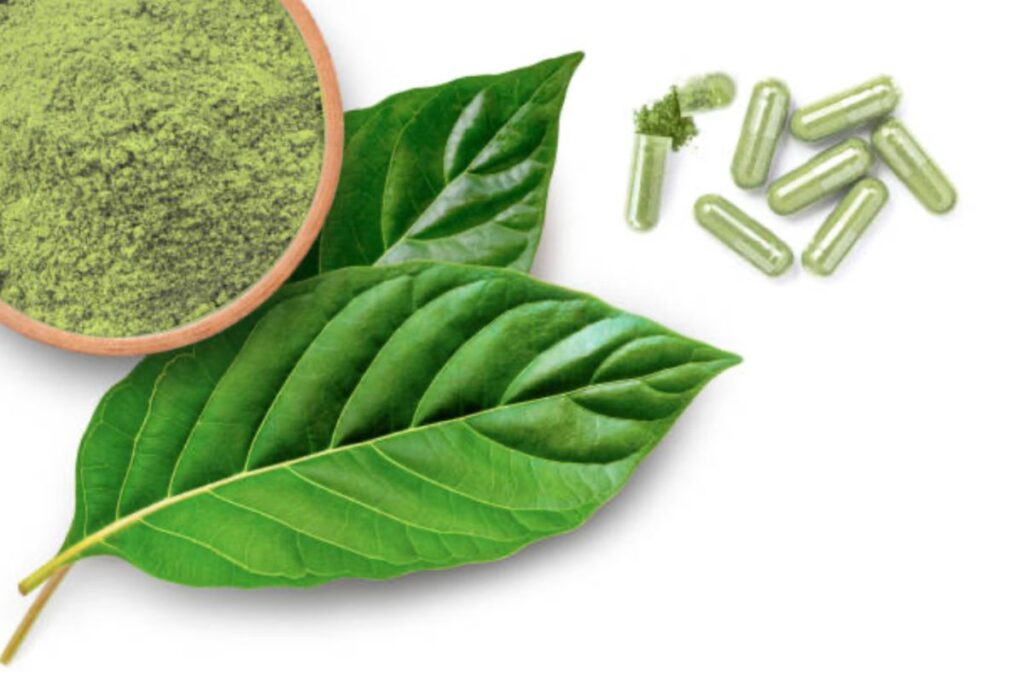Source: CATO Institute
Excerpt:
Dear Chair Driscoll, Chair Decker, and Members of the Joint Committee:
My name is Jeffrey A. Singer. I am a Senior Fellow in Health Policy Studies at the Cato Institute. I am also a medical doctor specializing in general surgery and have been practicing that specialty in Phoenix, Arizona, for over 40 years. The Cato Institute is a 501(c)(3) non-partisan, non-profit, tax-exempt educational foundation dedicated to the principles of individual liberty, limited government, free markets, and peace. Cato scholars conduct independent research on a wide range of policy issues. To maintain its independence, the Cato Institute accepts no government funding. Cato receives approximately 80 percent of its funding through tax-deductible contributions from individuals. The remainder of its support comes from foundations, corporations, and the sale of books and other publications. The Cato Institute does not take positions on legislation.
I appreciate the opportunity to share my thoughts on S. 1609 with the Committee. This bill would regulate the production and restrict the sale of kratom and ban the sale of one of kratom’s active ingredients, 7‑hydroxymitragynine (7‑OH), as a standalone product.
For centuries, communities in Southeast Asia have prepared teas from the leaves of Mitragyna speciosa—commonly referred to as kratom—for relief of pain and anxiety. The plant’s primary active compounds, mitragynine and the more potent 7‑hydroxymitragynine (7‑OH), interact with opioid receptors in the brain. In the United States today, people widely use kratom, often as a substitute for prescription opioids or to mitigate symptoms of withdrawal. They obtain it in a variety of forms, including teas, capsules, powders, concentrated extracts, and increasingly, as 7‑OH products sold through convenience stores, vape shops, smoke shops, and online platforms.
In 2016, the Drug Enforcement Administration proposed classifying kratom as a Schedule I substance.1 However, the agency withdrew its proposal after strong opposition from patients and researchers.2 Like alcohol, cannabis, nicotine, and opioids, people can develop dependence on kratom or 7‑OH and may go through withdrawal or what is medically recognized as kratom use disorder. Since 7‑OH is much more potent than kratom, many consumers now seek semi-synthetic 7‑OH through easily accessible stores and online sources.

